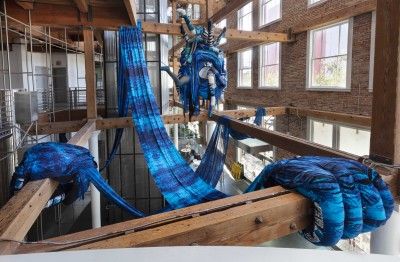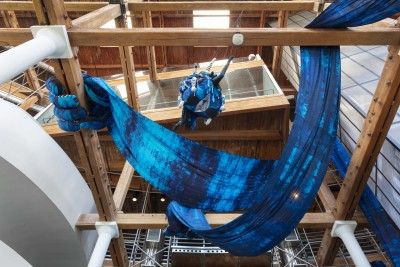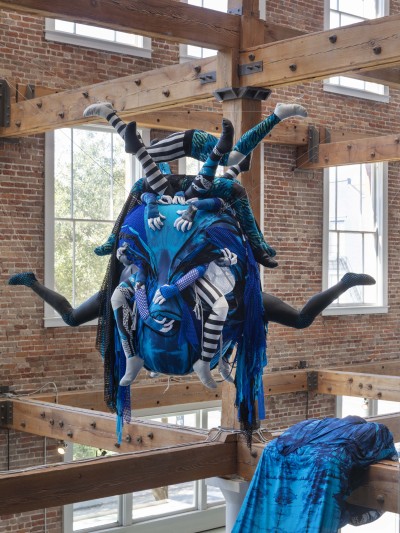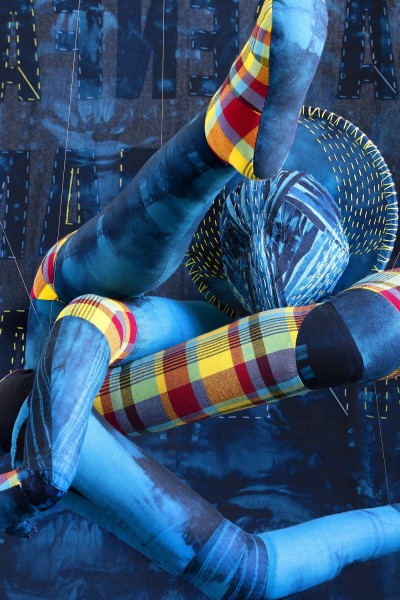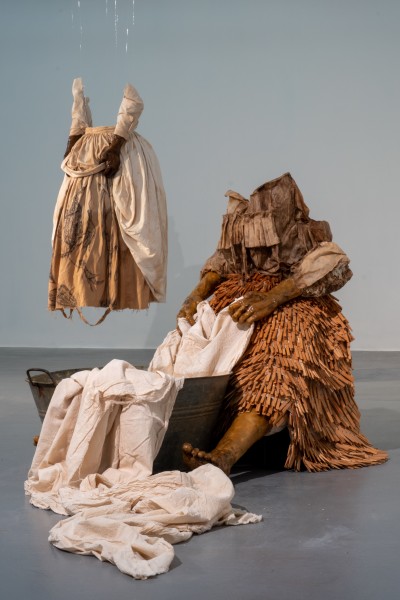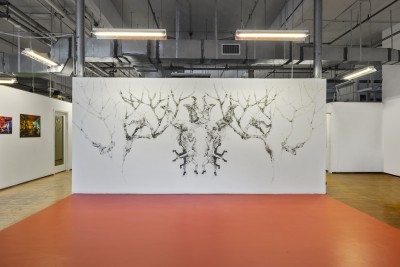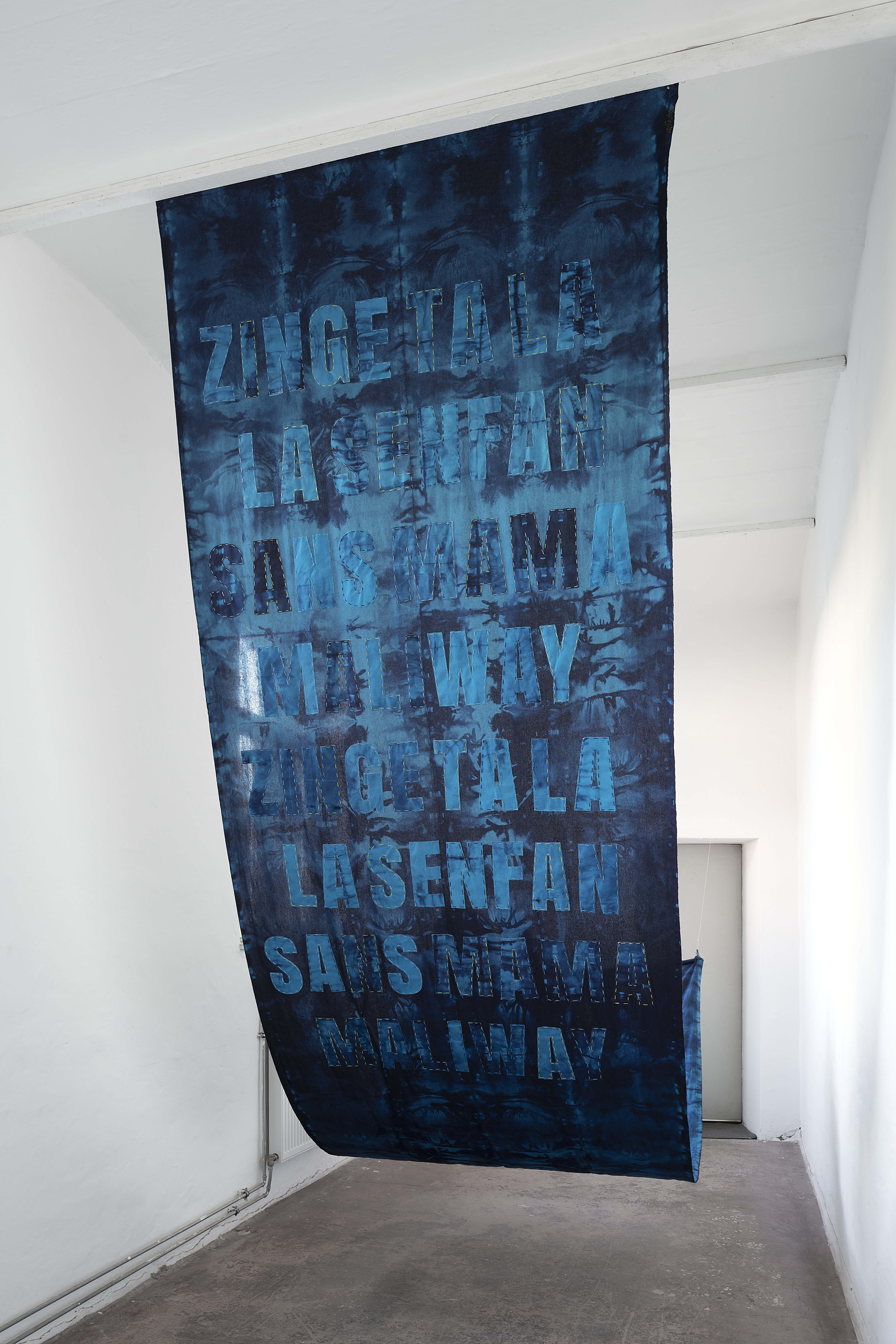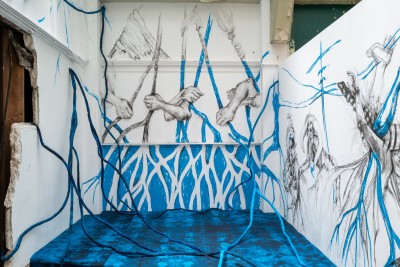
Shannon Alonzo is an interdisciplinary artist focusing primarily on drawing, sculpture and performance. Her practice explores themes of collective belonging, place attachment, and the significance of carnival ritual to the Caribbean consciousness. She has been working in the creative industries since 2011, within a variety of roles including visual art, costume design and production design, and in 2013 turned her focus to film, taking on production design roles. Since 2019 she has focused predominantly on her fine art practice.
Alonzo received a BA from London College of Fashion in 2012 and an MRes in Creative Practice from the University of Westminster in 2021. In 2023 she was the recipient of an Artist Fellowship from the Caribbean Cultural Institute of the Pérez Art Museum Miami and has exhibited work at the Liverpool Biennial 2023; documenta fifteen in Germany (2022); Ambika P3 and London Gallery West in the UK; Alice Yard, Loftt Gallery, and Black Box in Trinidad & Tobago; and the Atlantic World Art Fair on Artsy.
About the Work
Shannon Alonzo’s suspended installation pays homage to blue devil masqueraders from the village of Paramin, located in northwestern Trinidad. The blue devil is a traditional character of Trinidad Carnival—the annual festival developed by enslaved West and Central Africans in the seventeenth century—tasked with entertaining audiences by spitting fire. Rooted in liberation and resistance, these celebrations were first cultivated and performed by organized bands, much like the krewes of Mardi Gras. They were named canboulay, or cannes brûlées, because reenactments resembled sugarcane fires. Three Whistles and a Howl features two masked figures with multi-patterned arms and legs protruding from all directions, indicating many bodies dancing as one. Larger-than-life hands grasp the masks’ facades, as if attempting to prevent the figure underneath from being discovered. Alonzo draws on her experience as a costume and set designer to stage a theatrical encounter in this expansive atrium—one that references Carnival histories of collectivity among individuals.
Support for this project was provided by the National Endowment for the Arts. Supported in part by Alice Yard Collective.
